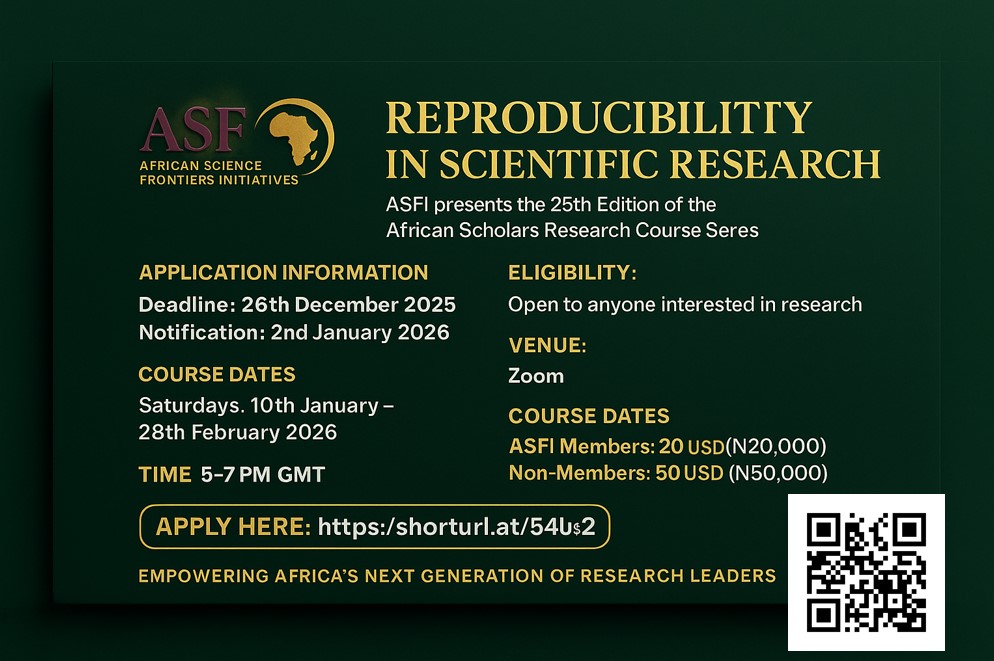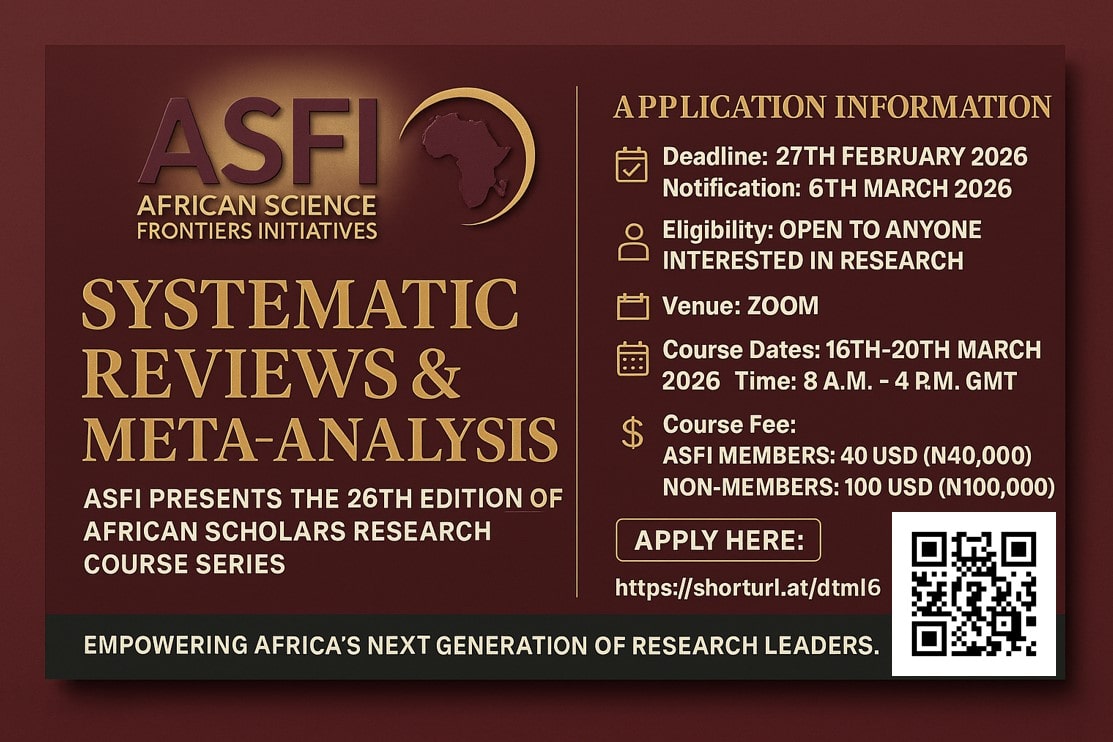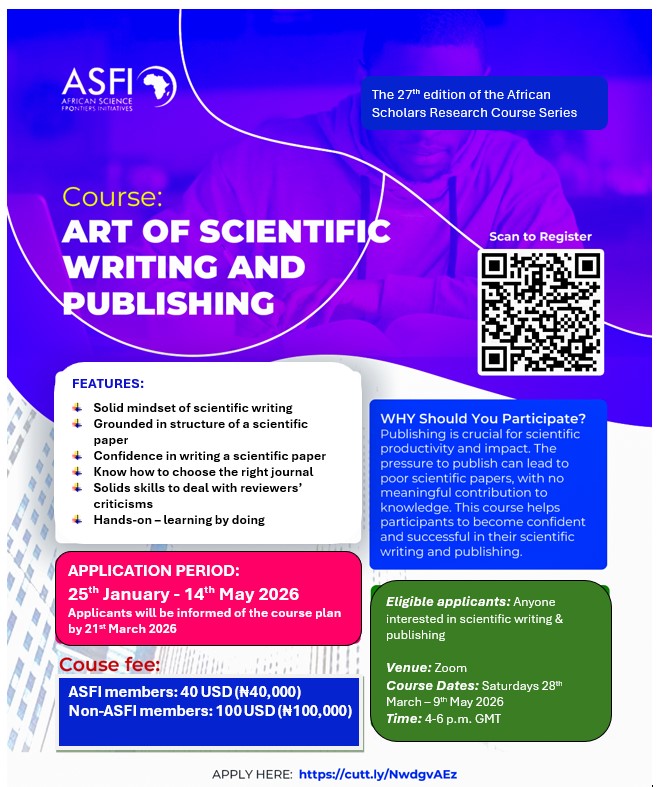Reproducibility in scientific research
- Courses
- Reproducibility in scientific research

Course description
During the last half century, many misconducts have been documented in scientific research: several published papers have been retracted as a result of outright fraud, data manipulation, data theft, and other negative practices. The core tenets of the scientific research processes are not always upheld by many researchers. However, during the past decade, the field of reproducible research has been gaining popularity and is being embraced across many scientific research fields.
Reproducibility refers to the ability of an investigator to duplicate the results of a prior study using the same methods as were used by the original investigator. Its overarching goal is to revive excellence in scientific research. Reproducibility requires specific tools and skill-sets at each stage of the research process, but these are not widely known by many researchers. The need to continue to teach the benefits and processes of reproducibility in science is fundamental.
This course covers the landscape of reproducibility in scientific research, focusing particularly on issues of reproducibility in the medical field. The course provides participants with the practical tools and algorithms required for the implementation of reproducibility in their own research work. Several case studies are analyzed in order to appreciate the various aspects of the field of reproducible research.
Tutoring is participatory, with hands-on practical sessions that will allow participants to implement the skill-sets learned. The course is suitable for postgraduate students, junior and senior researchers from any field of research.
Application deadline: 26th December 2025
Course dates: Saturdays 10th-28th February 2026
Time: 5-7 p.m. GMT
Target Groups:
Duration:
What previous participants said:
THIS COURSE IS NOT CURRENTLY ACCEPTING APPLICATION
Search
Other Courses
Upcoming Events
Subscribe Us
upcoming events.






